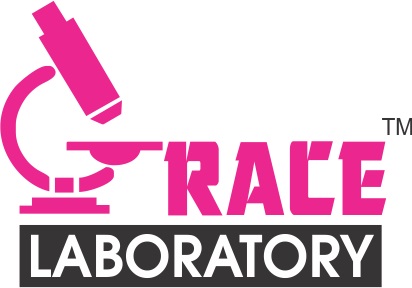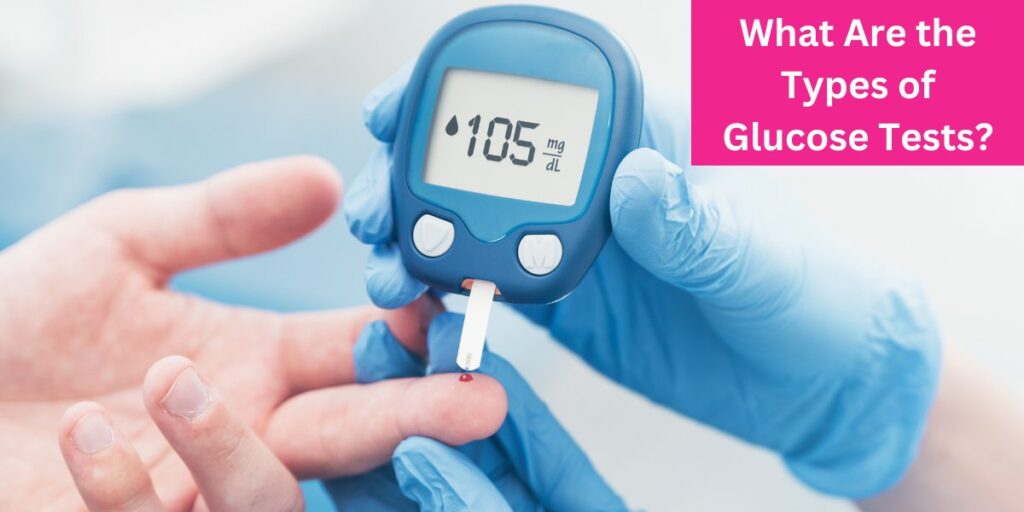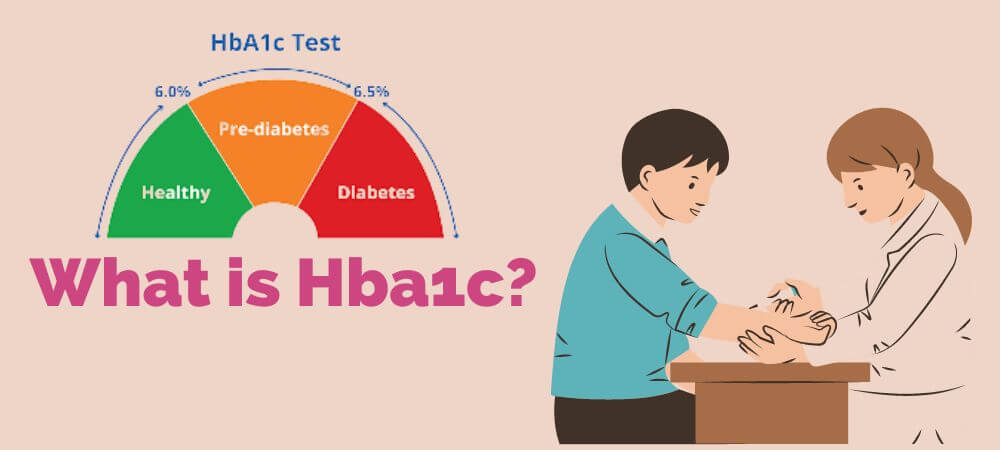In healthcare, glucose tests are important tools for measuring blood sugar levels and in particular to measure the concentration of glucose. It is essential to maintain optimal blood glucose levels, particularly in people with diabetes or who are at risk for the development of this condition. Glucose tests are of paramount importance in monitoring and managing blood sugar levels. This blog will delve into various types of glucose tests, categorizing them as per their diagnostic application and methodologies.
Diagnosis of Diabetes:
Fasting Blood Sugar (FBS): Fasting blood sugar is a baseline test that measures glucose levels after an overnight fast. This test, usually performed in the morning, indicates how glucose is handled by the human body with no effect from previous food intake. A rise in fasting glucose levels may indicate diabetes or prediabetes.
Oral Glucose Tolerance Test (OGTT): An OGTT involves a fast followed by the consumption of glucose-rich beverages. For an assessment of the body’s glucose metabolic process over time, blood samples are taken at specific intervals. In the diagnosis of gestational diabetes and the identification of impaired glucose tolerance, this test is particularly useful.
Random Blood Sugar Test: A random blood sugar test is performed without prior fasting, unlike FBS and OGTT. This test offers a snapshot of current glucose levels in the blood and is commonly used for emergencies or routine checks.
Monitoring Diabetes Management:
Hemoglobin A1c (HbA1c) Test: The HbA1c test uses the measurement of glucose levels that have been linked to hemoglobin for up to three months to provide a long-term view of blood glucose levels. This test is a reliable indicator of total blood glucose control and has been widely used for the management of diabetes.
Postprandial Glucose Test: Evaluates blood sugar levels two hours after consuming a meal. It provides useful information on controlling postmeal glucose levels by identifying how the body stores glucose after eating.
Continuous Monitoring:
Continuous Glucose Monitoring (CGM): CGMs are devices that monitor glucose levels continuously through the day and night with a tiny sensor attached to your skin. These real-time data allow diabetes patients to make informed choices on their diet, exercise, and medication. CGM is a revolution in the field of glucose monitoring.
Short-Term Monitoring:
Glycated Albumin Test: In comparison with HbA1c, this test measures the percentage of glycated albumin in the blood and shows a shorter time horizon to control sugar levels. It is particularly useful in situations where rapid changes in glucose levels are to be taken into account.
Fructosamine Test: This test provides a detailed analysis of blood glucose control in less than 2 to 3 weeks, as with the glycated albumin test. It is often employed to assess recent changes in diabetes management.
Treatment Adjustment:
Self-monitoring of Blood Glucose (SMBG): SMBG is the measurement of blood glucose levels on a glucometer each day by an individual. This method of at-home testing enables patients with diabetes to track their levels and make immediate changes in their treatment regimen and lifestyle, such as insulin dosage or diet choices.
The spectrum of types of glucose tests outlined above serves as a comprehensive approach to understanding and managing blood sugar levels. These tests address various aspects of diabetes diagnosis, monitoring, and treatment, ranging encompassing the traditional Fasting Blood Sugar test to the advanced Continuous Glucose Monitoring. Regular glucose testing, in tandem with a healthy lifestyle and medical guidance, is imperative for achieving optimal glucose control and curbing the risks associated with not only diabetes but also cardiovascular disease, kidney problems, and nerve damage. As technology advances, the glucose testing landscape is likely to expand with more innovations, providing individuals with more personalized and effective tools for managing their diabetes.






